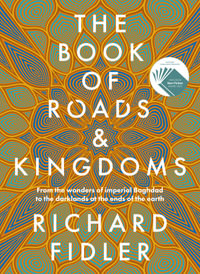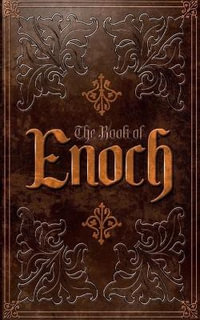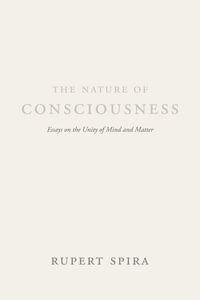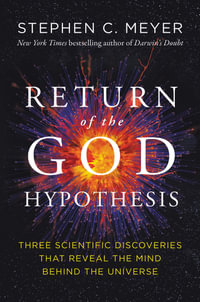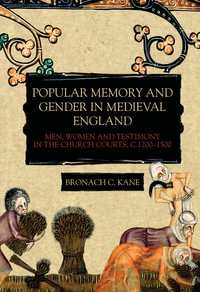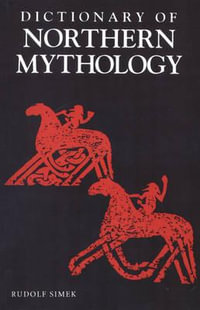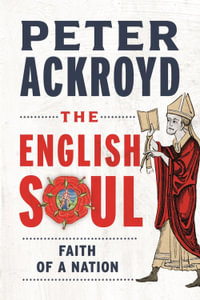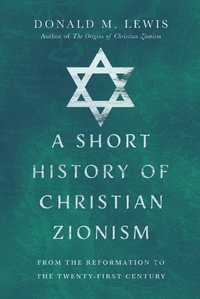
At a Glance
Hardcover
$210.53
or
Aims to ship in 7 to 10 business days
ISBN: 9780521875592
ISBN-10: 0521875595
Published: 20th December 2007
Format: Hardcover
Language: English
Number of Pages: 316
Audience: Professional and Scholarly
Publisher: Cambridge University Press
Country of Publication: GB
Dimensions (cm): 22.86 x 15.24 x 2.24
Weight (kg): 0.64
Shipping
| Standard Shipping | Express Shipping | |
|---|---|---|
| Metro postcodes: | $9.99 | $14.95 |
| Regional postcodes: | $9.99 | $14.95 |
| Rural postcodes: | $9.99 | $14.95 |
How to return your order
At Booktopia, we offer hassle-free returns in accordance with our returns policy. If you wish to return an item, please get in touch with Booktopia Customer Care.
Additional postage charges may be applicable.
Defective items
If there is a problem with any of the items received for your order then the Booktopia Customer Care team is ready to assist you.
For more info please visit our Help Centre.
You Can Find This Book In
This product is categorised by
- Non-FictionReligion & BeliefsReligionReligious Issues & DebatesReligion & Science
- Non-FictionReligion & BeliefsChristianityChristian Theology
- Non-FictionSociety & CultureCultural StudiesHistory of Ideas
- Non-FictionReligion & BeliefsReligionHistory of Religion
- Non-FictionScienceScience in GeneralPhilosophy of Science
- Non-FictionScienceScience in GeneralHistory of Science
